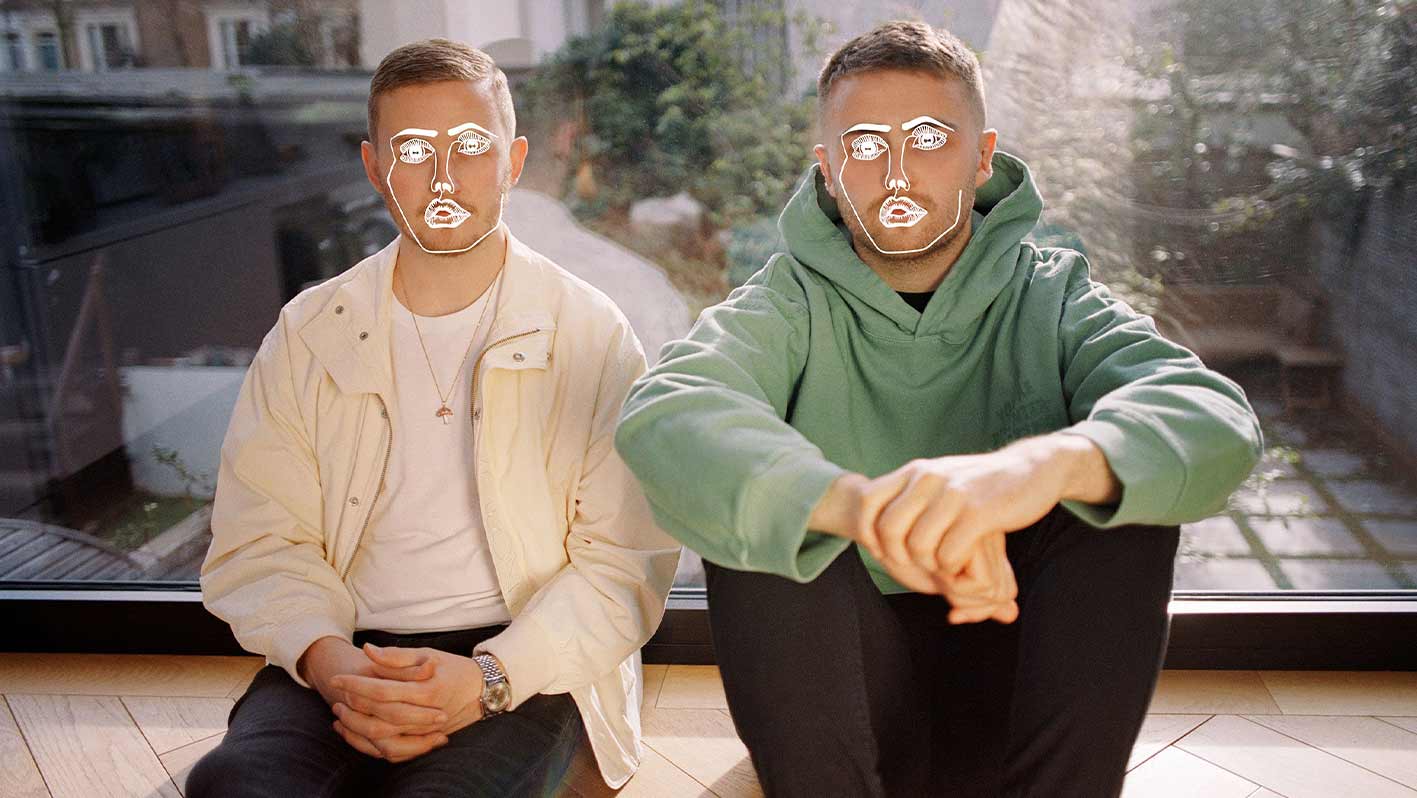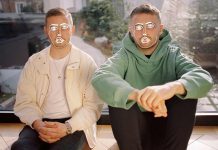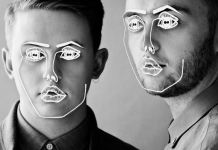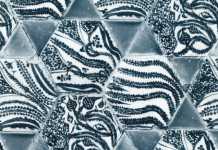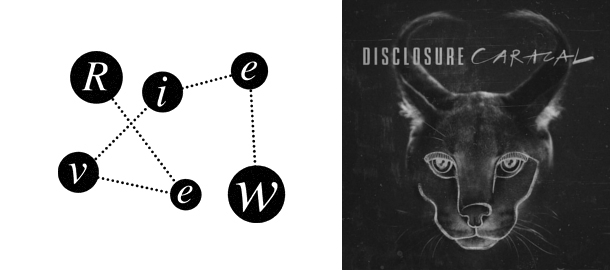Disclosure (Photo: Hollie Fernando)
Back in 2013, Disclosure have already graced our magazine cover and talked about their career, which was just at its starting point back then. Now, seven years later, the two have just dropped their third studio album, Energy. The men hiding behind the iconic masks are Guy and Howard Lawrence. Since their last studio album Caracal in 2015, the brothers have taken some time off to come back with an album full of powerful tracks and guest appearances. Featuring collaborations with artists such as Slowthai, Channel Tres, Mick Jenkins, to name a few. Energy is yet again a fusion of big club songs and groovy house tracks.
At the end of this week, Guy and Howard are making their highly anticipated musical return with a new studio album. Energy is going to be available on all platforms on the 28th of August. Unfortunately, the pandemic has made sure that the planned tour is going to be postponed to next year, however this doesn’t mean Energy can’t be enjoyed now. The album is packed with a variety of tracks, which can be listened to both at home as well as in the club.
Johanna Urbancik and Maximilian Fritz caught up with the two brothers to discuss their new album, the ever growing need for grassroots festivals, Kelis and the UFC.
GROOVE: First of all: How did the new album come about? When did you start working on it?
Guy: We started working on Energy from sort of the end of 2017 to the start of 2018. We took most of 2017 off and just had a chill year, which we needed badly. And then we got back into the studio and wrote about 200 songs for this record, for which we then only chose eleven. We ended up selecting the songs that were easy and enjoyable to write. With some songs, you spend months and months changing and tweaking them, and then end up with five versions. With this album, we were like: „Alright, we’re just going to pick the ones that came out easily and were fun to make.“ Because, I think, as we look back over the last ten years, most of our most popular songs were those exact ones or the ones that people gravitated towards the most anyway. Super quick and enjoyable. So, we thought if we can, let’s try and make a whole album of those tracks.
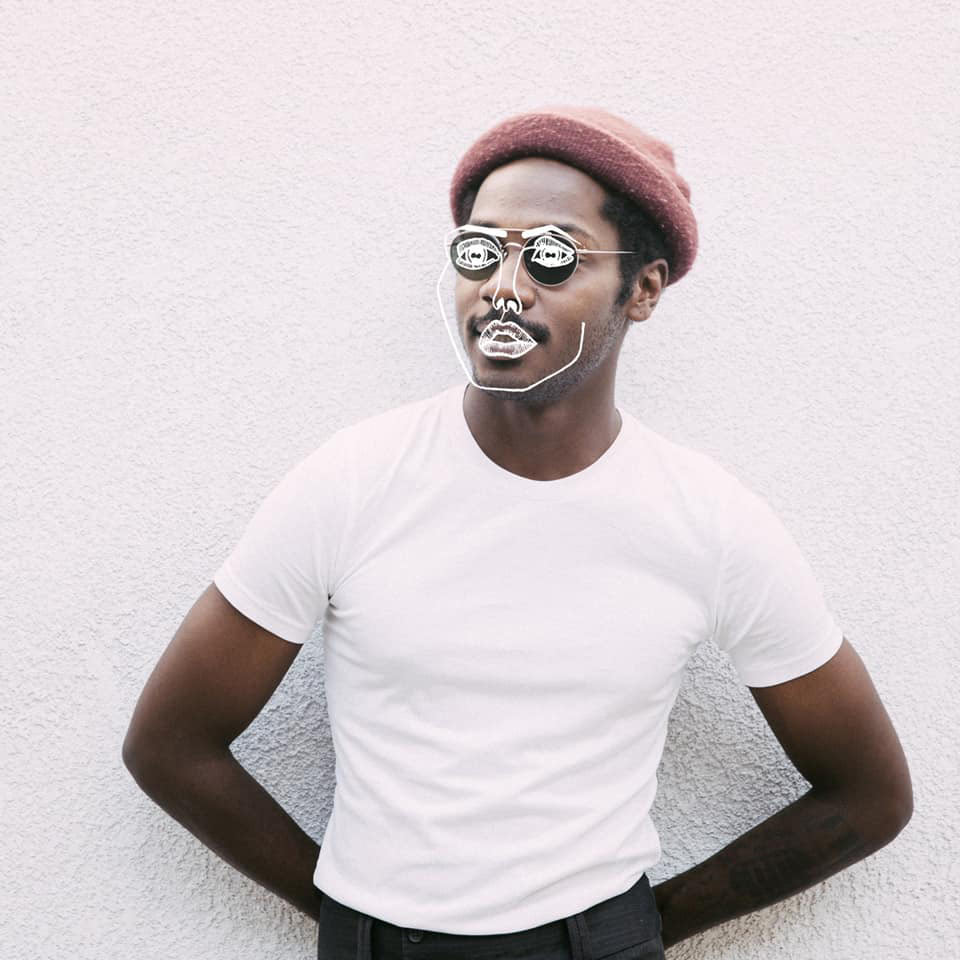
You’ve collaborated with loads of big names again for this album. How does the production process work? Do you produce the track before you meet the artist or with them?
Guy: We choose artists mainly just based on people that we’re big fans of. So, at the start of a project, we’ll put together a list of people that we’re into at the time, we’ll ask all of them if they want to work together and whoever says yes ends up in the studio with us. We never start things before we get in the room with the artists. Generally, we’ll get together for a studio session with whoever it is and start from scratch with them in the room. We’ll write the whole thing with the artists present, it’s very much a full collaboration, as opposed to us writing a song and then asking them to sing on it.
And did it work out smoothly this time? I’m referring to the 2015 GROOVE interview with you two, where you talked about a studio session with Azealia Banks.
Howard: (laughs) Oh god, are people still talking about that? You know, some sessions go better than others. I think quite early on you start to get a bit of an idea if the people are going to be cooperative. And generally speaking, in our experience, people that make really beautiful music are normally nice.
Guy: That session [with Banks] went fine. She just wasn’t happy that we didn’t acknowledge the session online afterwards. But it was alright, she just sucked afterwards.
The first track on Energy features Kelis. How does one encounter a legendary artist like her?
Guy: We’re lifelong fans! So, that was more of us asking our team to find her. Although weirdly, you say how do you encounter her? She lived ten minutes from my house for ten years in London, which we then discussed in the session. She asked me if I knew this pub and I was like what the hell, how do you know this pub?
Howard: She’s one of the people who we were always aiming to get as a vocalist because her voice is just so suited to house music. It just made perfect sense to me. It was a dream come true and she was definitely not the person we were expecting her to be like. When we met her, I was basically expecting the character from the „Milkshake” video. And when we got in the room, she was just this beautiful, lovely person. It was so easy to get on with her, she’s really chilled out. And a really good cook! (laughs)
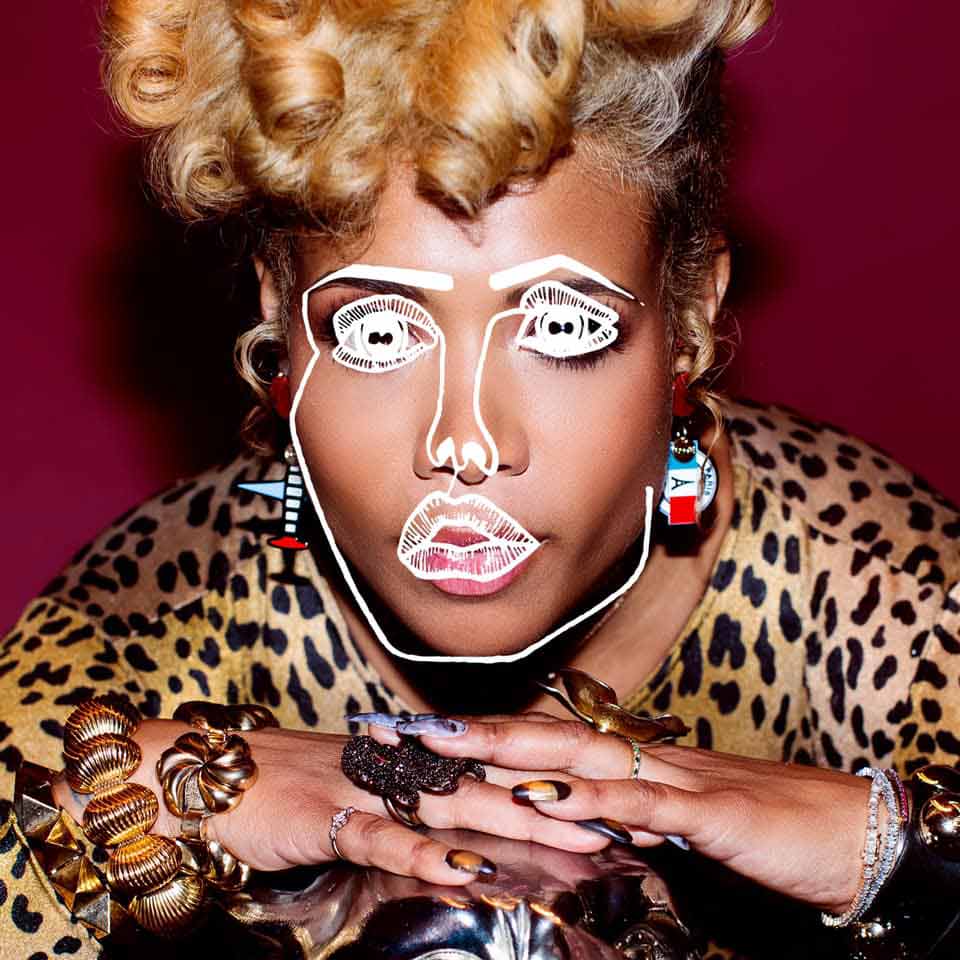
„EVERY SONG I MAKE, I’LL LEARN A NEW TECHNIQUE AND LEARN SOME NEW WAY OF DOING SOMETHING FASTER OR MORE EFFICIENTLY.„
You’ve mentioned earlier on that you produced around 200 tracks for Energy. What are you planning on doing with those tracks?
Howard: Oddly, I’d say most of them will never see the light of day. But, then again, it’s not like we actually finished 200 songs. There were 200 ideas and maybe half of them are in a fully structured form, and probably even less than a quarter of them are actually finished. There’s probably a few tracks that can be salvaged, and will at least inform tracks in the future. We’ll take bits and bobs from the lyrical ideas or whatever. But generally, we’d probably just move on and try and forget about all of that.
Guy: I also think that the 180 songs that didn’t make it are still part of the process. Because you make 20, 30 songs and then you get that one, and then you make another 20, 30 songs and you get another track. It’s about everything you learn along the way from those songs, especially for me as the producer. Every song I make, I’ll learn a new technique and learn some new way of doing something faster or more efficient.
How do you know which songs are the best?
Guy: We wrote „My High“ and „Who Knew“ like a month before we finished. We already had enough songs, we were just writing for the sake of it, just to make sure that we couldn’t better what we already had. And then two, „Lavender“, came right at the end. We’d already done enough hard work of writing so much music, your last song is always going to be your favourite. So, there’s always going to be one that creeps in right at the end. And we had [track] two this time, which was cool.
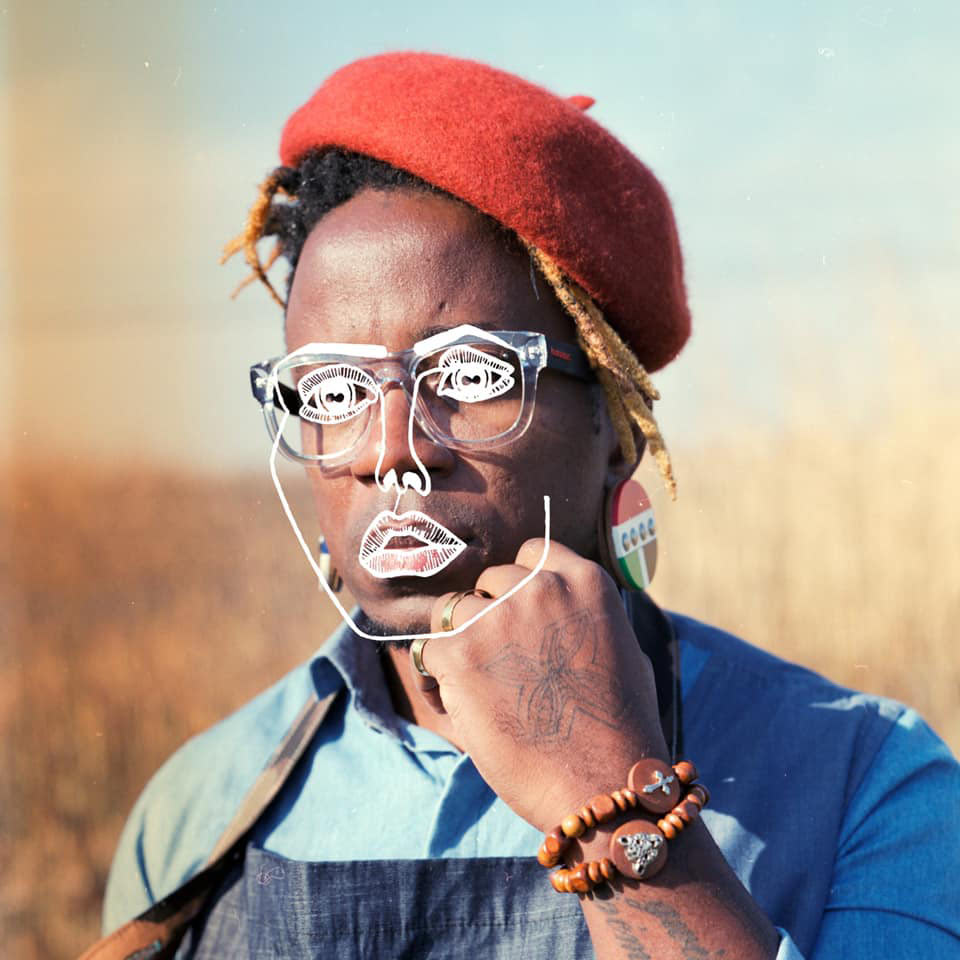
Taking it back to 2013 when your first record [Settle] dropped. You were called the saviours of House. What do you make of that in hindsight?
Howard: I definitely wouldn’t say that we single-handedly saved House.
Guy: I mean, who’s to say House needed saving? It’s always been strong. I think what that means is just that house over the years has come and gone from the charts, from being more mainstream. It’s always been existing in the LGBTQ+ scene and the nightclub scene all over the world. You can’t get rid of House; it doesn’t need saving.
How would you describe what you achieved?
Guy: It’s just some people, now and again, have managed to make a song that connects with a really wide audience. I think we did that. And the beautiful thing about it is we weren’t trying to, it just happened. It’s all we ever do is have an idea in our heads and put it on paper. And whether that comes from just the two of us, or through working with someone and exploring their ideas in their head. It’s not like ‚cool Disclosure project, let’s make an album that will be popular with underground and on the radio‘. I think we were part of that scene along with SBTRKT and Duke Dumont. We are super happy to be part of that movement. I mean, that’s all we’ve ever wanted from day one. We said: ‚What do you want out this whole journey? Is it longevity?‘ We just want to be able to do it for as long as possible.
Do you still feel connected to the movement you just mentioned, and underground music in particular?
Guy: Yeah, definitely. I mean everything I’ve put on our public playlists is basically what we’re listening to at home. And that is all super weird and diverse, there’s all sorts of music on there. From really underground, small SoundCloud labels just doing little releases, all the way up to more popular [artists]. There’s also loads of afrobeat stuff on there. I think you can tell from this record through our choice of who we’ve worked with, that it’s the most diverse record in terms of genres that we’ve ever explored. It goes all the way from songs like „Mali Mali” and „Birthday”, which have a more classic Disclosure-vibe, I would say, to something like „Ce n’est Pas” with Blick Bassy, where the track’s not even in English. It’s much more rolling and poised a little bit for like, a 4-AM-DJ set-vibe.
„We’ll play anywhere that we can nowadays.“
When it comes to performing, you guys usually play big concert venues, such as Cologne’s Palladium and the Arena in Berlin. Is that because you come from more of a pop music background?
Howard: Well, it’s a bit more complicated than that. (laughs) For the last two records, we’ve been doing live shows and DJ-sets separately. DJing in a big venue can sometimes feel a bit weird because there’s this massive stage and there’s not much on there. So, instead of doing that, we have our live shows in big gig-venues and theatres. We then DJ in the club to maintain that feeling of club culture, because our music is so built for that. We need both, really. But at the moment, it’s looking like we were gonna DJ more anyways with this record because the music is so much clubbier. I mean, we’ll see. We’ll play anywhere that we can nowadays.
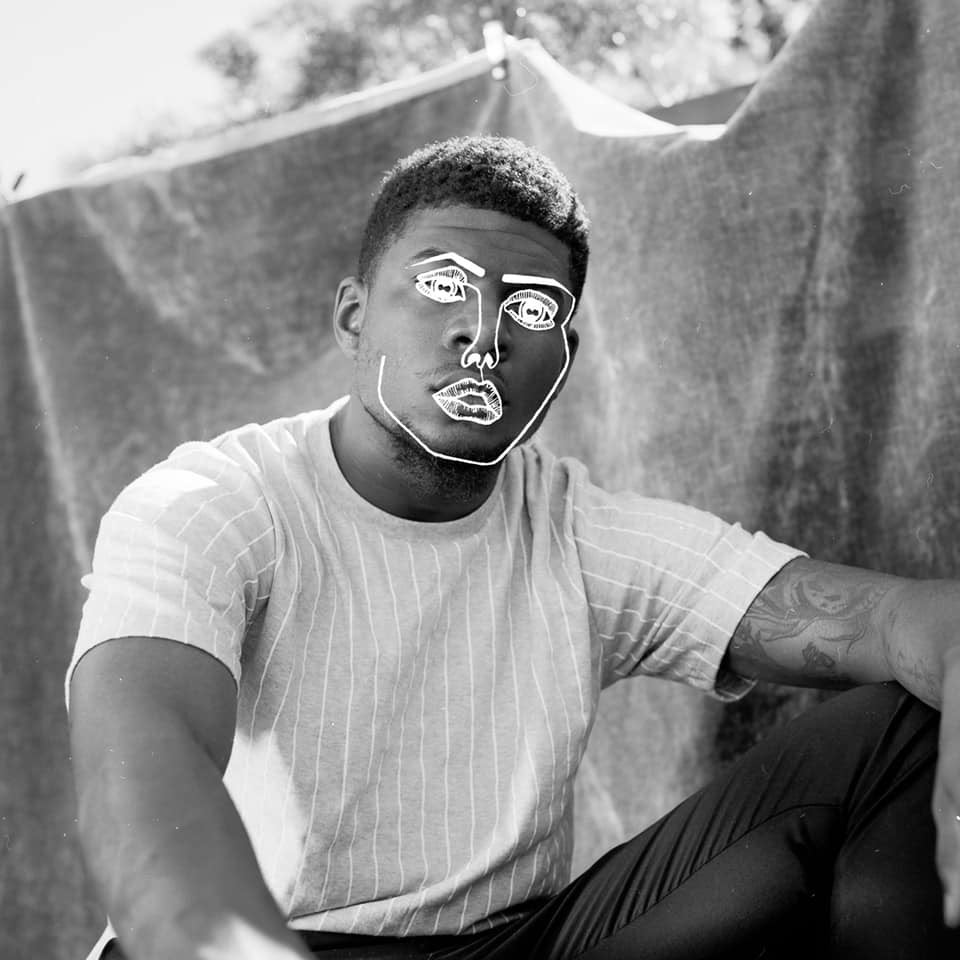
Speaking of current events. How do you stay creative during such troubling times with global lockdowns and isolation?
Howard: I think times like this is when people become most creative. You know, when something’s changed, and the carpet gets ripped out from under your feet.
Guy: When you make an album, you basically self-isolate somewhere in a dark room in a basement for months anyway, you know? It could have been better timing for us. I kind of wished that we’d already been on tour for two years and then it [COVID-19] happened. Sadly, we’d already taken off two years to make it [the album] and then just as we wanted to go it all unfolded, but, I mean we can’t complain. I’ve got friends who’ve lost their jobs or friends who’ve been really, really ill with the thing. So, we count ourselves very lucky. We get to get up every morning and make music.
And when it comes to you two working together, how does that work? Do you have the same kind of creative process?
Howard: (laughs) Have you ever seen the UFC [Ultimate Fighting Championship is an American mixed martial arts company]?
Guy: It’s basically that. Just imagine Conor McGregor and Khabib Nurmagomedov.
Howard: Yeah, and I’m Khabib. (laughs) No, it’s pretty straightforward in a sense. There’s something good about the relationship that has formed over the years. We used to, on the first album, for example, both take part in everything a bit more. I would do songwriting and production, as well as Guy. And nowadays, I do a lot more of the songwriting and Guy does a lot more of the production. We’re also just very different people. We don’t tend to tread on each other’s toes too much; we each have our roles. And we know our strengths. Guy is way better at doing drums than me, so I won’t try and get involved in the drums anymore. Whereas, it used to be a bit more of a collaborative thing.
Guy: We just play with each other’s strengths. We both know what we’re good at.
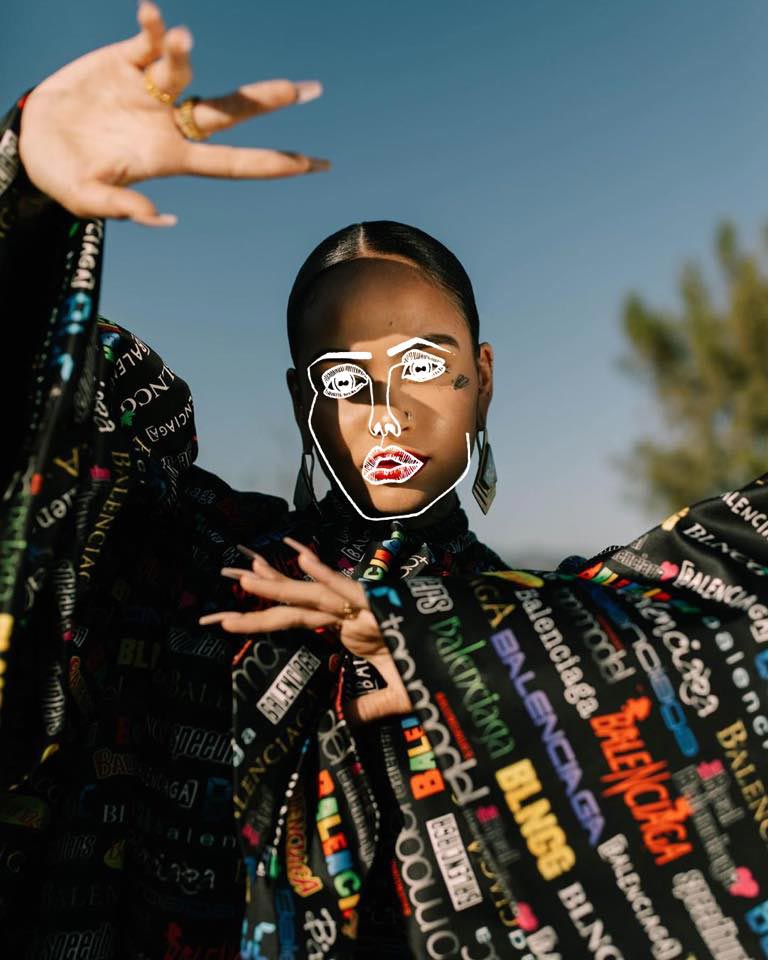
Makes sense. And how would you say your sound has evolved since Settle?
Guy: I like to think the production is better. (laughs) Also, the harmonies, melodies and the lyrics are just constantly getting better and more intricate. And if you’re looking at it from more of a theory point of view, it’s just more interesting. There’s more interesting things in there for musicians who are interested in the concepts and the ideas that we’re talking about. Hopefully, those have evolved, too.
Howard: I would say that the music has gotten more sophisticated than when we started. But, in payment for that, we’ve probably got less naivety, which isn’t necessarily a good thing, because I love music made with naivety.
Guy: And as I said with the previous question, we’re delving into more genres and are trying to show how our knowledge has expanded. If you were to go for a drink with us and talk about music, we wouldn’t talk about house music. We’d be talking about lots of different [genres] and music from the past. I mean, we go through phases in life, where we get obsessed with certain things. I think, back in 2016, I was obsessively listening to afrobeat. Then in 2017, I was listening again to 70s progressive rock. I’m just trying to understand all of these different moments in time and how they were made, which instruments and what equipment was being used.
„We just play with each other’s strengths. We both know what we’re good at.“
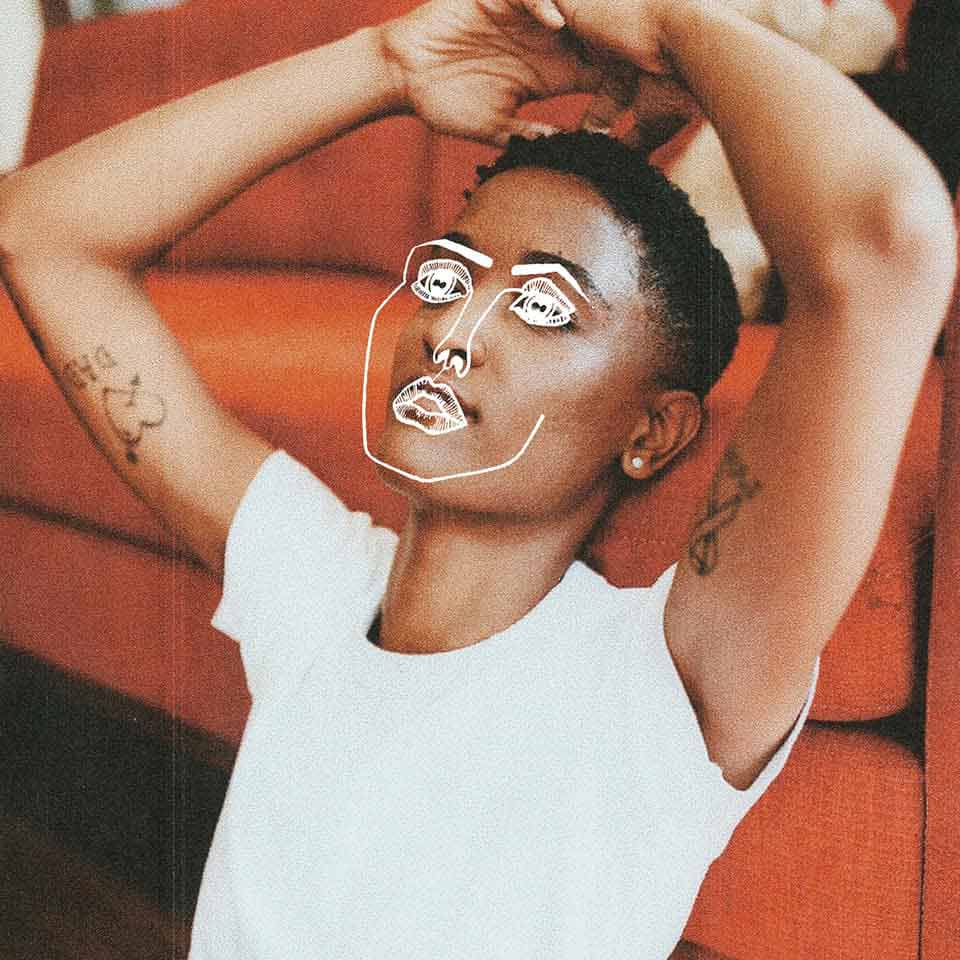
How do you decide where you want to go with your own music?
Guy: That’s the thing with our music, the tracks that people seem to always gravitate towards are just not overthought. That’s why everything on this album was written very quickly and they weren’t the ones we had to fight for. There’s probably an album within the leftovers, which we could name really difficult songs to finish or something like that. But yeah, it’s nice to have a whole record that you can look back thinking: „Oh yeah, I remember those days of writing, though, they were really fun.“
You were talking about club culture earlier. Considering everything that’s going on at the moment with COVID-19, what kind of future do you see for both club culture and electronic music?
Guy: It’s so difficult. We were just talking about it at lunch, and we don’t know. I think the one thing we agreed on is that a lot of the medium to small size venues just won’t be able to survive. Same with the artists, unfortunately. There’s a threshold of how long you can physically go without playing a gig before you have to call it a day, which is a shame. I think that the responsibility may lie on the artists to keep that [clubbing culture] going. In the end, I think it will be people who have enough money in the bank and a big fan base to start their festival, or do their night somewhere. They will have to take the risk on themselves, rather than promoters. I think that’s going to be the only solution.
„No one’s ever gonna want to not go out, have fun and dance.“
Like the both of you?
Guy: Yes, exactly, like both of us. We already ran our festival for three years, called Wildlife Festival. So, we’ve done it, and it’s not easy. I mean, festivals are difficult to run at the best of times. At a time where you have to include social distancing into that and all these extra measures that will make the capacity a lot smaller. It’s going to take a lot to do, but when there’s a will, there’s a way. No one’s ever gonna want to not go out, have fun and dance. At least that’s there. We just have to find a way, but it’s too soon to tell.
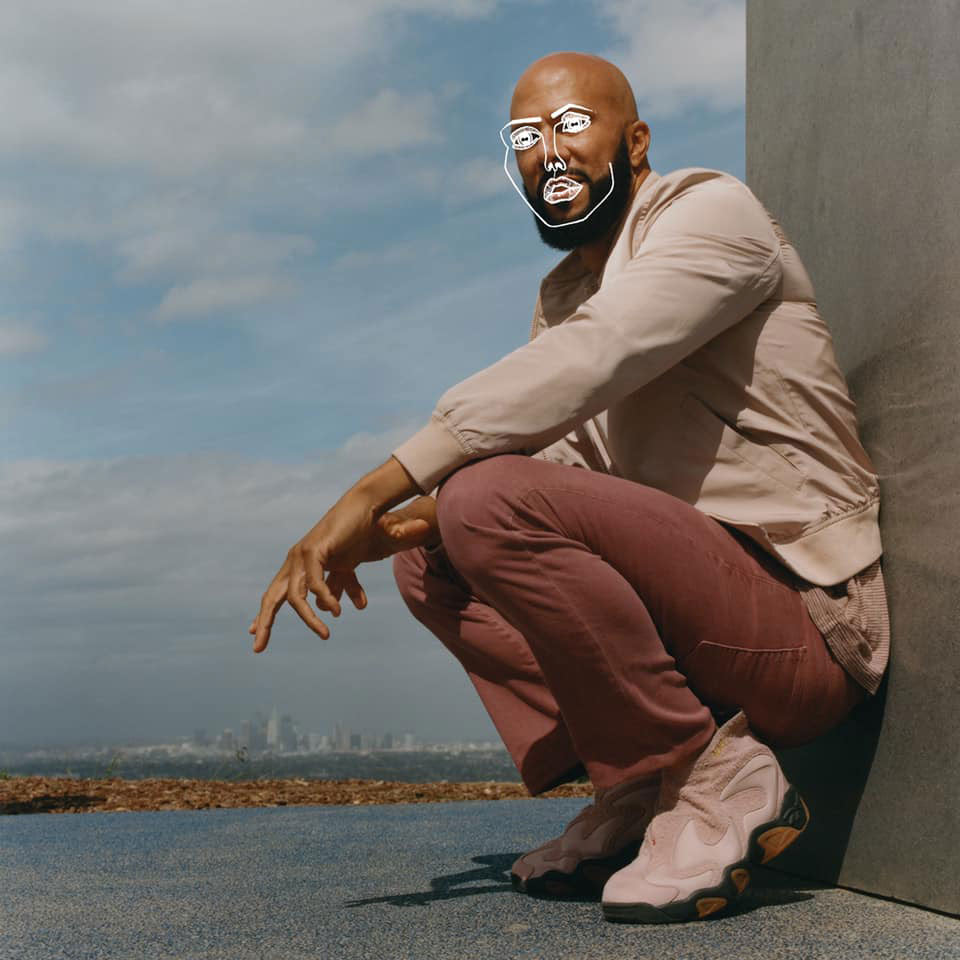
Considering the recent events in the US that sparked global protests against racism. How do you, as musicians, contribute to fighting racism in the music industry?
Guy: It’s hard to say because we don’t want to sound self-serving.
Guy: We’ve always prided ourselves on working with whoever is good. Talent comes first. It doesn’t matter what you look like, or who you are, you know. We look for two things: Are you a nice person? And can you sing? That’s it. And from our experience doing this for ten years, we’ve never needed to try and find someone of this type, or that type of person, because talent is spread all across the world. And all you have to do is be open to working with a variety of people. If you’re lucky enough to work in the industry for ten years, as we have, we’ve never had a problem at all finding a diverse race or a diverse gender spread of singers and people to work with and every person on our next album is black. Apart from Slowthai who’s mixed race, but that wasn’t through choice. As I said, we wrote 200 songs, and the best ones were with these people. And I don’t think we even realised they were all black until someone else told us. So, I’d like to think that by making music and doing it, like the way that we have – again, I don’t want to sound like we know it all, not all what we’re saying – but making music with people from different cultures and even completely different nationalities is so much fun. And it’s so good for the soul. We’ve learned so much and we’ve travelled the world and met a lot of people, too. I don’t know, if there’s a problem, then the problem probably lies higher up than the artists. I always say that problems in labels or in, you know, institutions like that are kind of out of our hands. We don’t really know what to do about that. But you know, yeah, as far as working with every type of person possible, we’re all up for it. I mean, there are two songs in our new album that aren’t even in English.
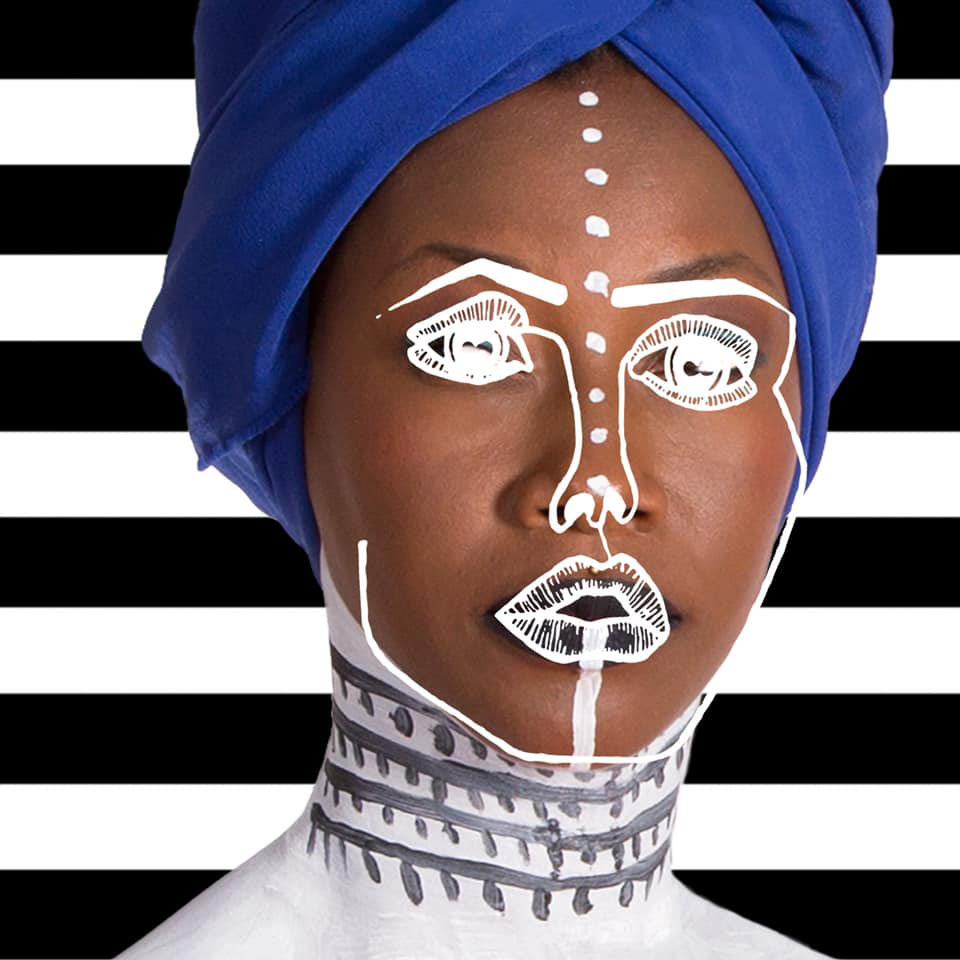
Do you think your album will be read as a statement against racism? Even though it wasn’t intended?
Guy: Maybe? I don’t know. That depends on the person listening, I suppose. I know a few artists, who don’t even like to explain the meaning of their lyrics because they believe it’s up to the person to draw the meaning from the song for what they want. Also, I think if we were going to do a statement album, we would have written songs about that topic. But you know, we just made the best songs we can.
